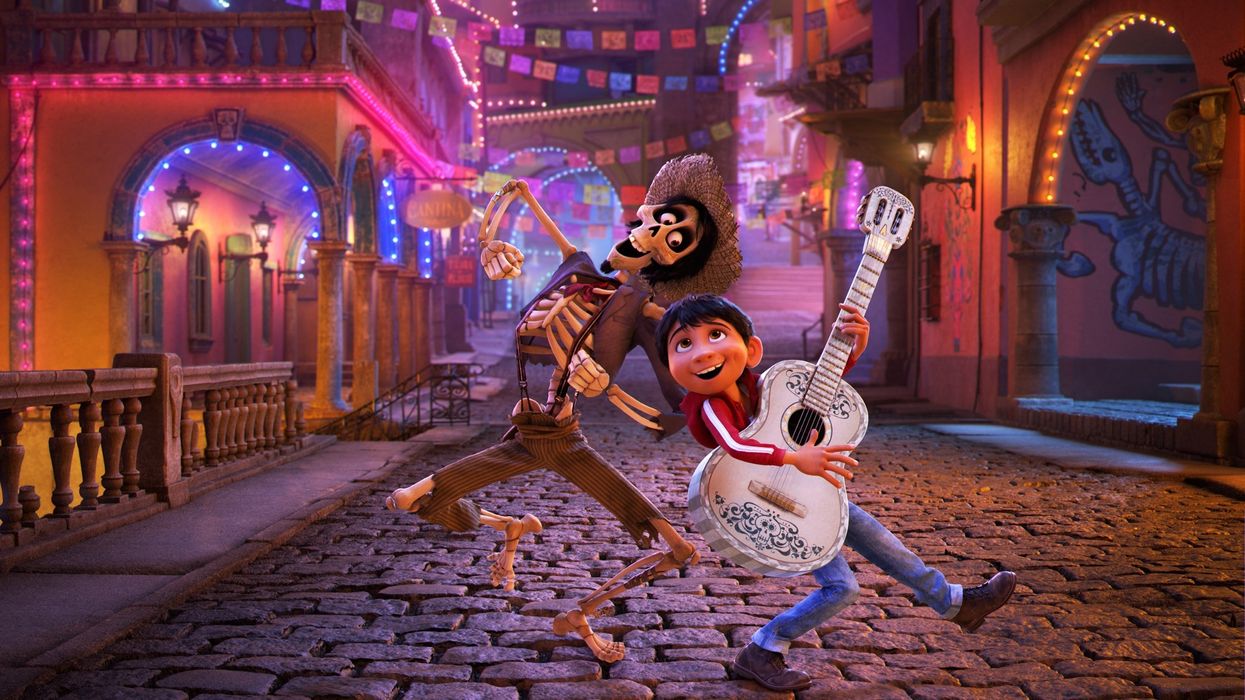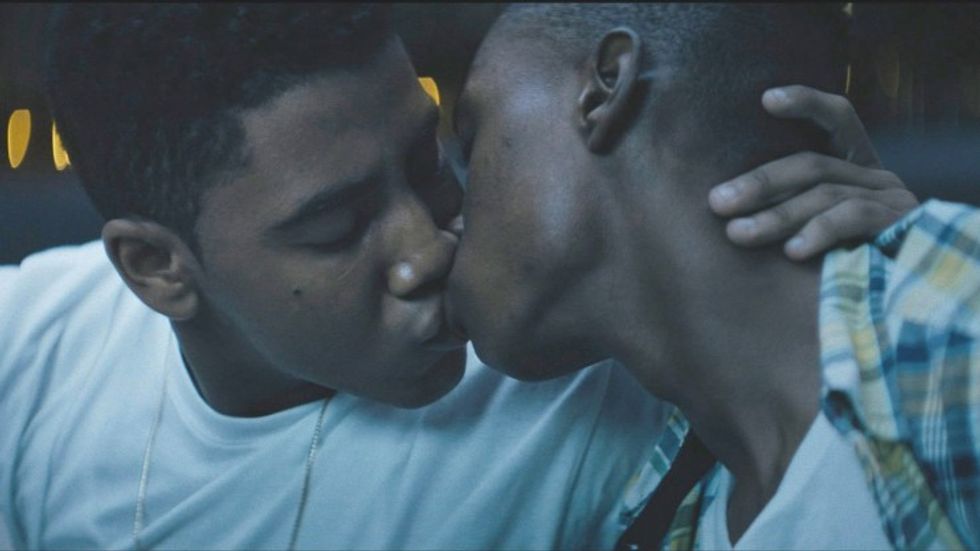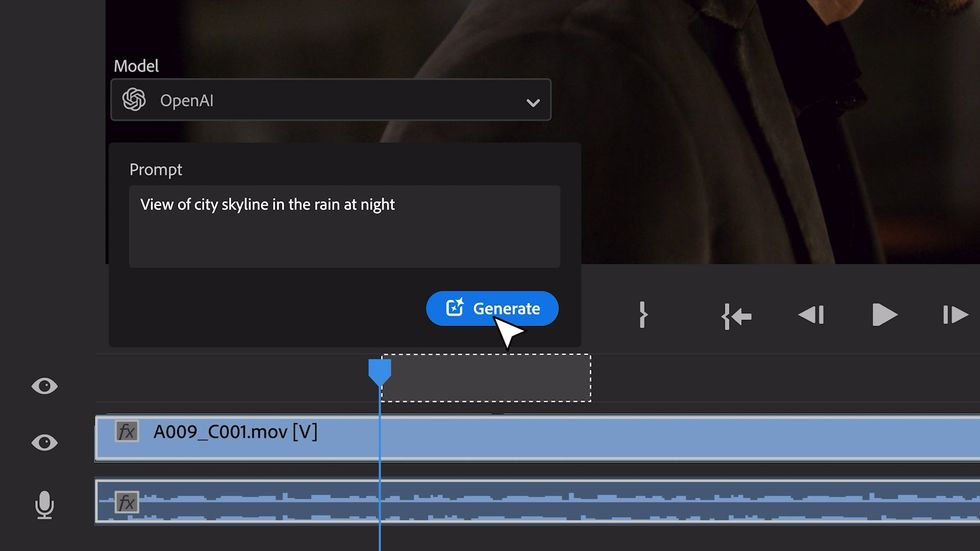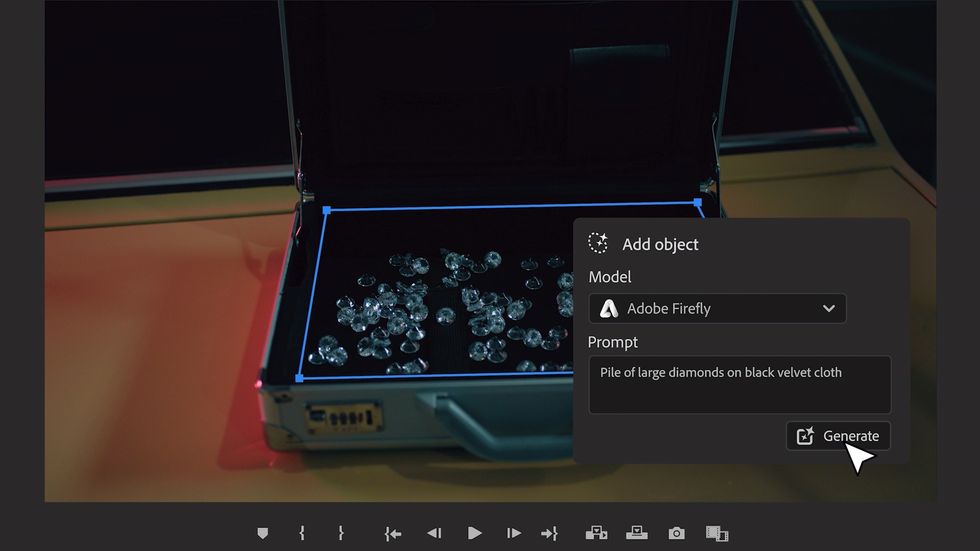Hollywood Studios Have Lost Money From Movies That Lack Diversity
Hollywood cares about money more than anything and the lack of diversity is hitting them in the pockets.

I want Hollywood to champion new voices and expand the kinds of faces we see in front of and behind the camera but it seems like the only thing they care about is money. Well, now a new study has come out from the Center for Scholars and Storytellers at UCLA titled “Beyond Checking A Box: A Lack of Authentically Inclusive Representation Has Costs at the Box Office" which shows that those two things may not be mutually exclusive.
Researchers found that bringing authentic diversity to film improves financial performance at the box office while a lack of diversity can result in losses for studios.
So, it's time to pay attention, Hollywood. Just how much money have you been leaving on the table?
The report analyzed 109 movies from 2016 to 2019. The major finding is that studios can expect to lose up to $130 million per film when their offerings lack diversity in storytelling. Even more damning to tentpoles is that researchers found films with a budget of $159 million or more are subject to a significant cost in the opening weekend box office for a lack of diversity.
That might shake things up.

The report estimated that a $159 million movie will lose $32.2 million, around 20% of its budget, in first-weekend box office if it lacked diversity.
There's the potential to lose $130 million, or 82% of its budget, given the full theatrical run.
A $78 million budget movie will lose $13.8 million in its opening weekend for a lack of diversity, with a potential total loss of $55.2 million, 71% of its budget.
“We asked, what is the cost of lacking diversity? Hollywood is a business, and no business wants to leave money on the table,” said senior author Yalda T. Uhls, a UCLA adjunct assistant professor of psychology and founder and executive director of the Center for Scholars and Storytellers. “While increasing numerical representation behind and in front of the camera is critical, truly empowering people from diverse backgrounds is the key. For example, make sure the writers room is open to dissenting opinions, that a wide net is cast for hiring, and that younger, less-tenured voices are encouraged.”

For their analysis, the researchers created a rating they call “authentically inclusive representation,” or AIR, which utilized data from the diversity-focused movie and TV review website Mediaversity Reviews.
“Storytelling that lacks AIR in race, gender and sexuality can have immediate and significant costs,” said Gerald Higginbotham, a UCLA psychology doctoral student and lead author of the report, “Beyond Checking a Box: A Lack of Authentically Inclusive Representation Has Costs at the Box Office.”
So how can Hollywood improve?
Here are some of the suggestions made to studios:
- Implement explicit norms and guidelines to ensure that all viewpoints will be shared.
- Hire diverse casting directors who can bring in original and dynamic talent from underrepresented groups.
- Bring in expertise at the beginning of the development process, not as a band-aid later on.
- Include counter-stereotypical, multidimensional characters. Avoid stereotypes by portraying characters of color with rich identities.
- If there is a writers’ room, ensure that all voices, viewpoints and experiences are heard and welcome.

“In light of the national conversation around systemic racism, it is well past time for entertainment media creators to think beyond on-screen numerical representation as a marker of ‘inclusivity and diversity,’” Uhls said. “Diverse representation in race, gender, sexual orientation, disability and their intersections, particularly behind the camera, is still lacking and slow to change. Without including a broader swath of voices on every level of a production, from set decorator or costume designer to director or actor, stories and characters will come across as stereotypical.”
Money had undoubtedly been left on the table when it comes to content creation and entertainment.
How long will Hollywood let it strip them of cashflow?














